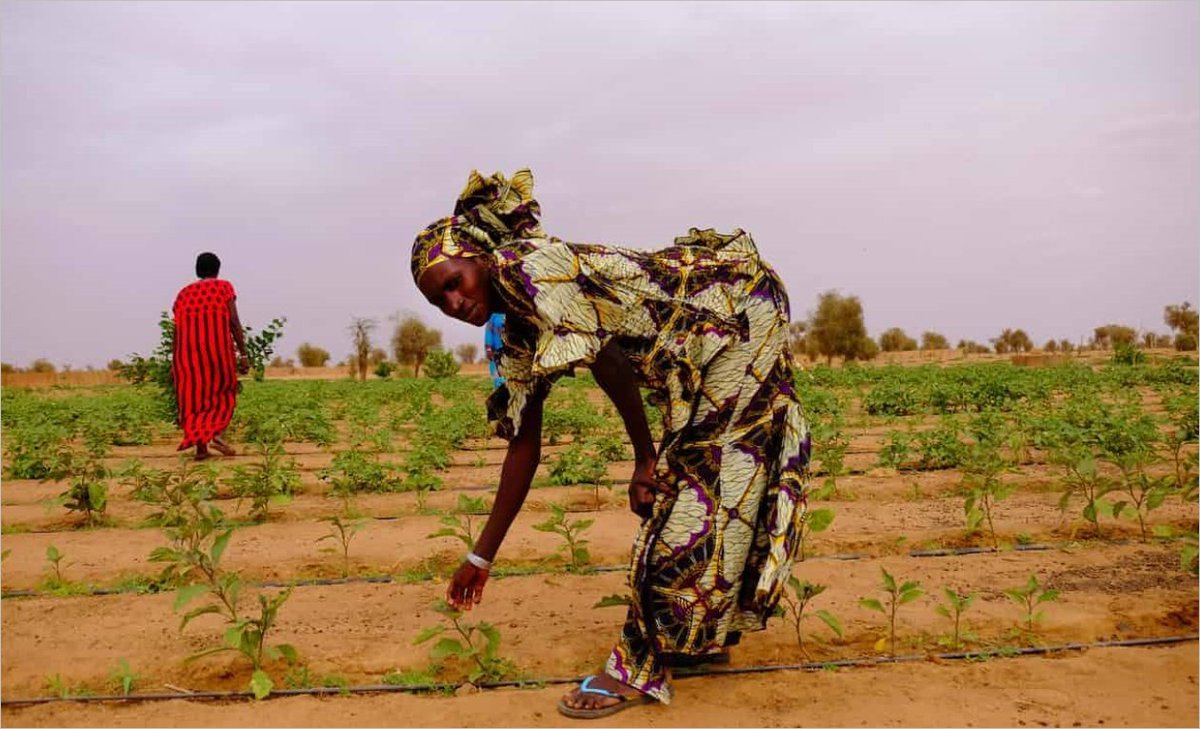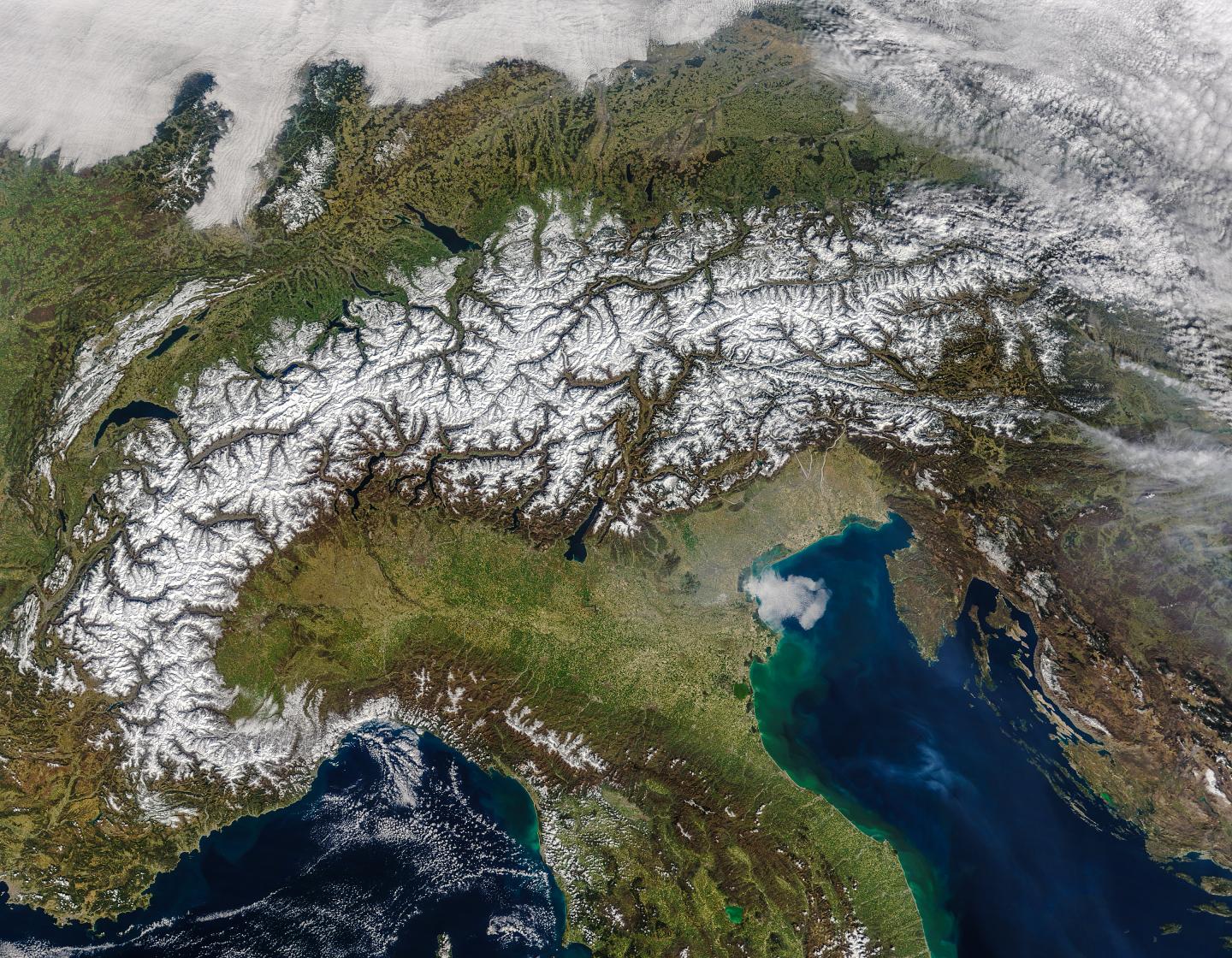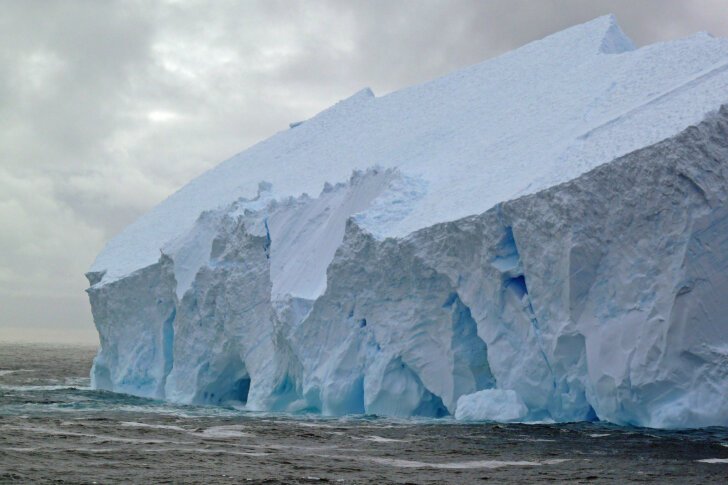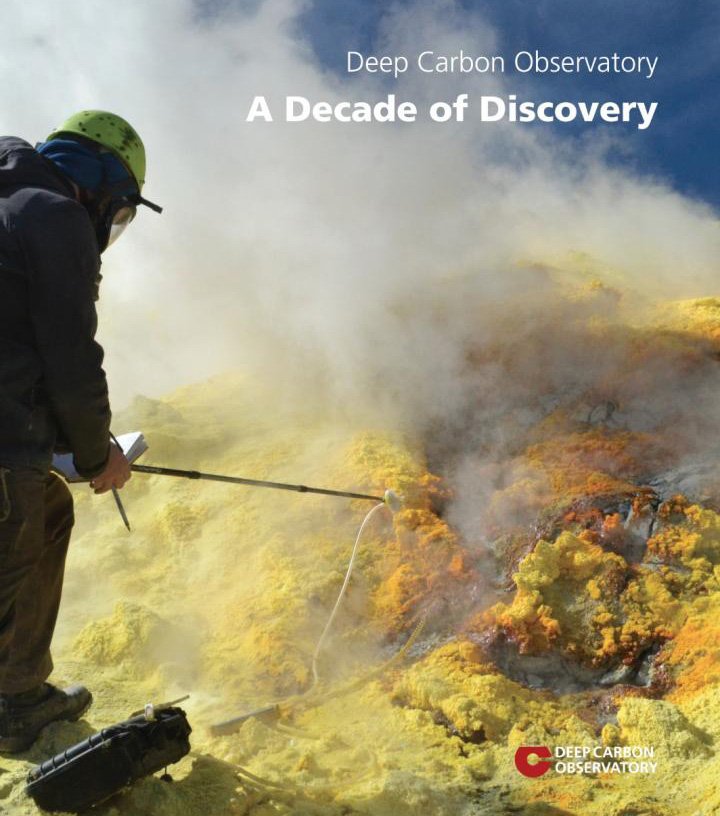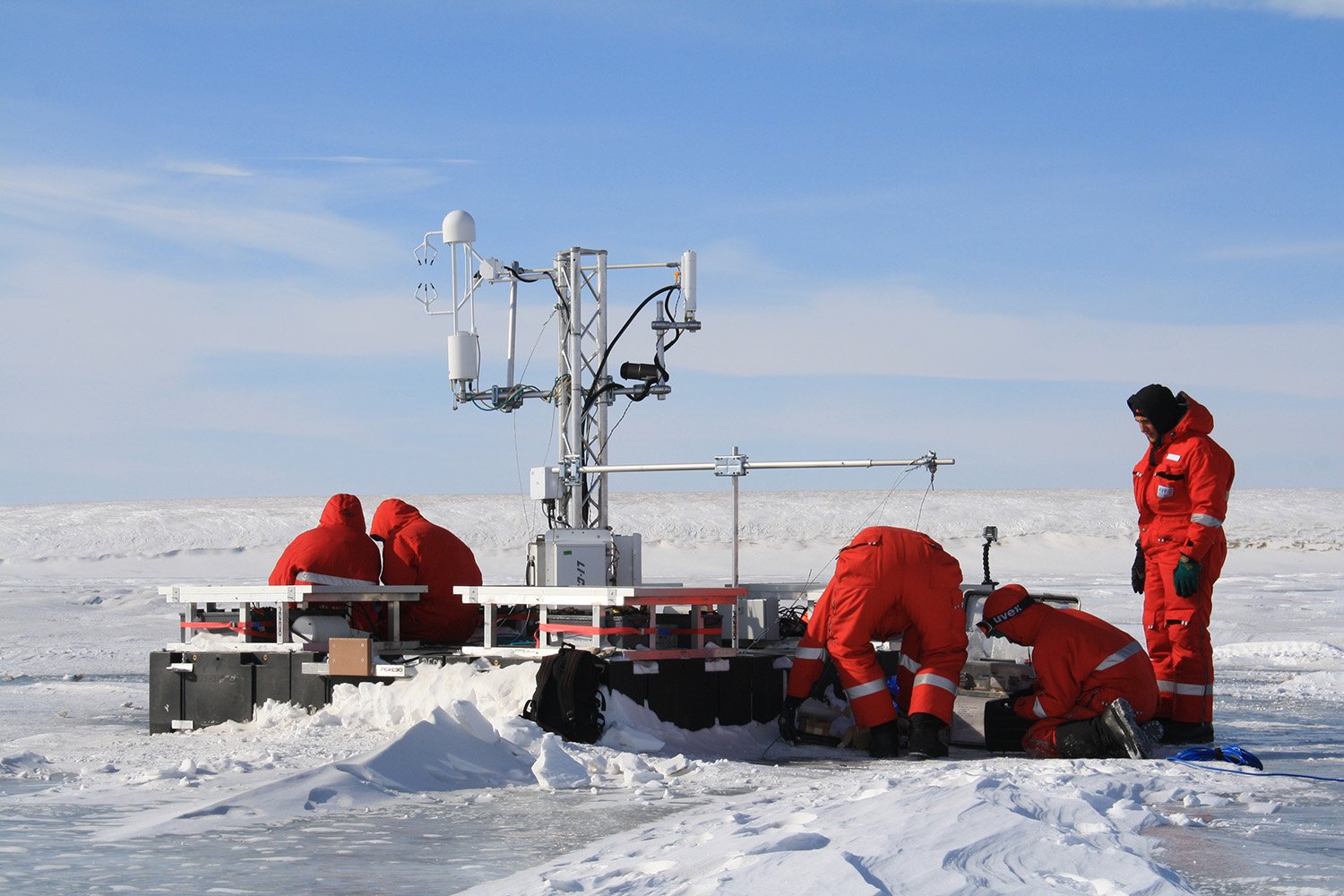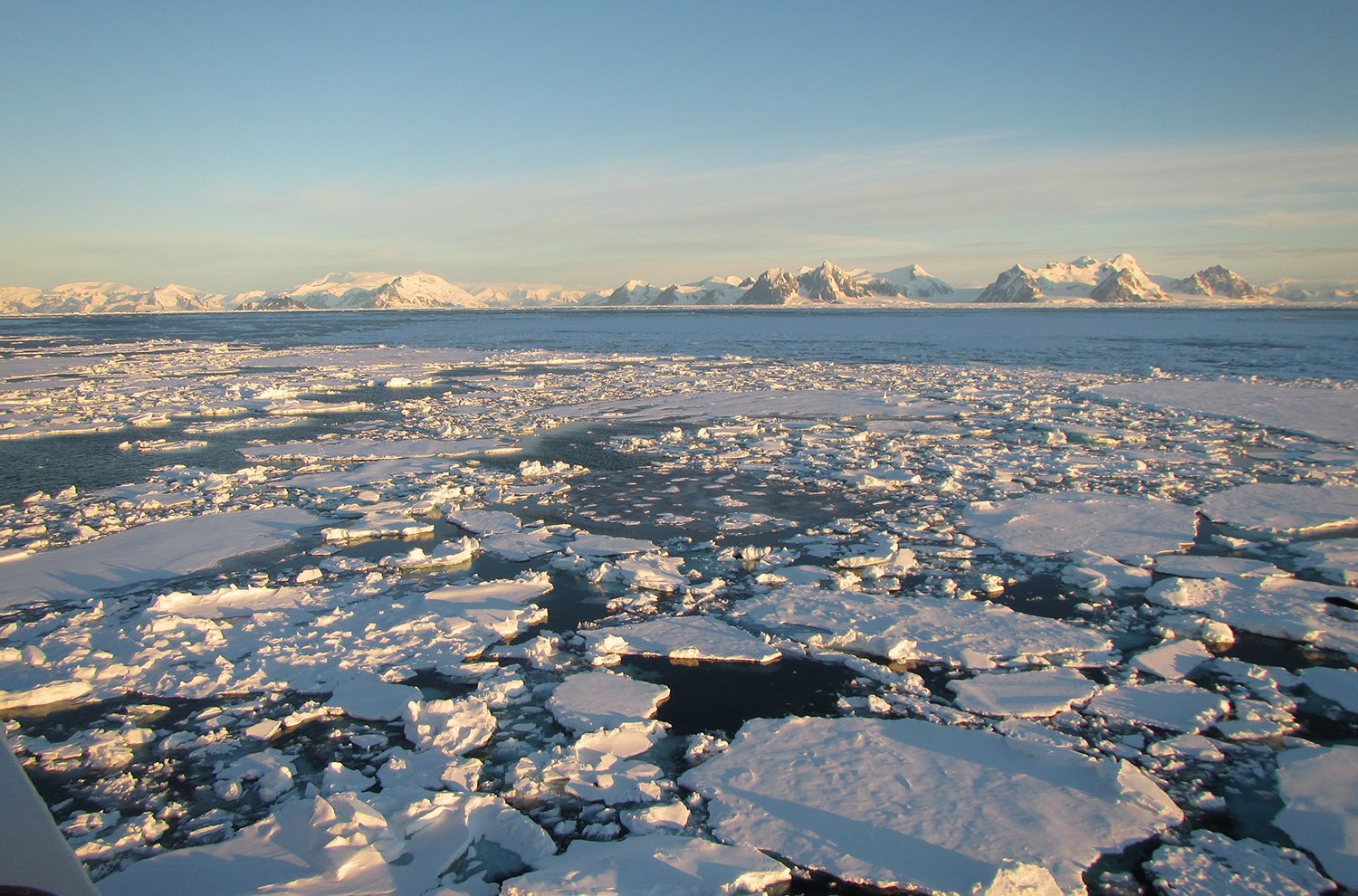Climate impacts a hot topic at UQ Placemaking Summit
Impacts of climate change on cities such as flooding, cyclones or heat stress are to be tackled at The University of Queensland’s annual Placemaking Summit. The one-day event, titled ‘Shifting Climate/Shifting Places’, will investigate how urban planners, environmental designers, architects, and other design professionals can best address climatic threats to urban living. [rand_post] Co-organiser UQ’s … Read more

